A brief description about this Activity.
Generalized anxiety disorder GAD is a common condition, affecting around 3% individuals. People with GAD report anxiety and worry that is (1) excessive (i.e., out of proportion to the situation), (2) frequent (i.e., most days), (3) chronic (i.e., lasting at least 6 months), (4) pervasive (i.e., about a broad range of events and activities), and (5) difficult to control. Excessive worries in GAD often focus on work and school, finances, health and safety, relationships, minor matters, and various other life domains. In addition, the worries occur along with a number of associated symptoms, including feeling keyed up or on edge, fatigue, poor concentration, irritability, muscle tension, and poor sleep. A common feature of GAD is elevated perfectionism, at a level that may be associated with impaired functioning. People with GAD may worry about performing at a less-than-perfect level that could lead to failure, negative evaluation, or other unwanted consequences. This presentation provides practical, step-by-step, evidence-based strategies for helping individuals to overcome difficulties with generalized anxiety, worry, and perfectionism. Participants will learn about a number of evidence-based treatments for GAD, including cognitive-behavioural therapy (CBT) targeting intolerance of uncertainty, metacognitive therapy, emotion regulation therapy, CBT enhanced with interpersonal approaches, and acceptance-based behaviour therapy. The latest approaches to treating clinical perfectionism will also be discussed. Participants will learn cognitive strategies for challenging the most common beliefs that help to maintain both chronic worry and perfectionism. Behavioral strategies, such as situational exposure, imaginal exposure, progressive muscle relaxation, and problem solving will also be discussed, as will strategies for managing insomnia in the context of chronic worry. Mindfulness and acceptance-based strategies will also be reviewed, providing alternatives to the usual “control-oriented” approaches that clients often use to manage their anxiety. Finally, participants will learn about ways to manage ambivalence, resistance, and disengagement during therapy.
Learn more about this Activity.
No Website has been provided for this Activity.
The Provider for this Activity.
